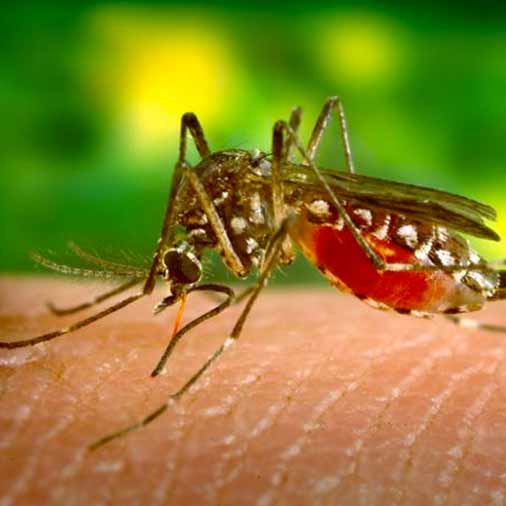Researchers have identified a tick-borne illness that is very similar to Lyme, caused by Borrelia miyamotoi (B. miyamotoi). The CDC22 describes B. miyamotoi as a distant relative to B. burgdorferi, being more closely related to bacteria that cause tick-borne relapsing fever. This disease is characterized by recurring episodes of fever, headache, nausea and muscle or joint aches. (Symtoms are usually worse than Lyme disease, there is no bull’s eye rash, and if you have Lyme disease you likely have this as well.)
This bacterium was first identified in Japanese ticks in 1995. Since then, it’s been found in several rodent species (and the ticks that feed on them) in the U.S., as well as in ticks feeding on European red deer, domestic ruminants and white-tailed deer. According to the CDC:15
“Given that B. miyamotoi uses the same vector ticks as B. burgdorferi and that the range of I. scapularis ticks continues to expand, it seems inevitable that the human population will be increasingly exposed to B. miyamotoi.”
(Source: mercola.com; May 4, 2019; https://tinyurl.com/y3noxqtx)





